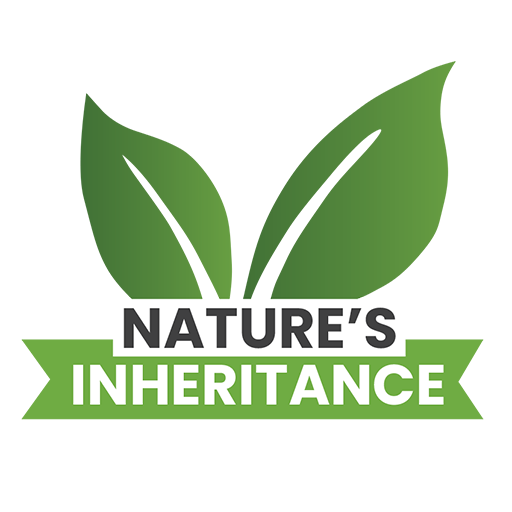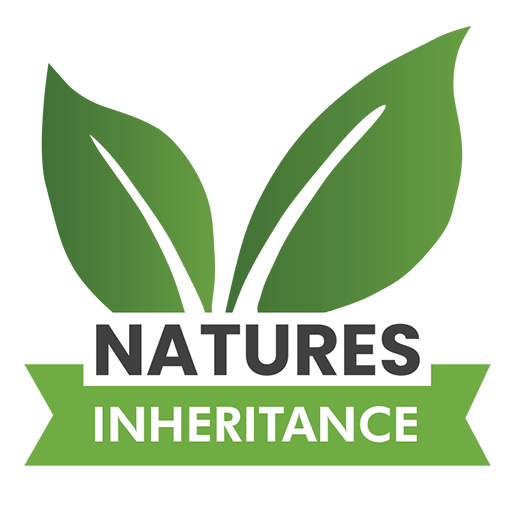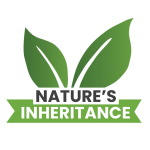Call us to place your order +254 721 510369 | +254 736 325749
The Health Benefits of Consuming Organic Stinging Nettle Regularly
- Natural, Supplements
- October 22, 2021
- 0

OTHER NAMES: Bichu, Common Nettle, Feuille d’Ortie, Graine d’Ortie, Grande Ortie, Great Stinging Nettle, Nettle, Nettle Leaf, Nettle Seed, Nettle Worth, Nettles, Ortie, Ortie Brûlante, Ortie des Jardins, Ortie Dioïque, Ortie Méchante, Ortiga, Small Nettle, Stinging Nettles, Urtica, Urtica dioica, Urtica urens, Urticae Herba et Folium, Urticae Radix.
Ancient Egyptians used stinging nettle to treat arthritis and lower back pain, while Roman troops rubbed it on themselves to help stay warm.
Its scientific name, Urtica dioica, comes from the Latin word uro, which means “to burn,” because its leaves can cause a temporary burning sensation upon contact. The leaves have hair-like structures that sting and also produce itching, redness and swelling.However, once it is processed, dried and ground, freeze-dried or cooked, stinging nettle can be safely consumed.
Stinging nettle leaves are used along with large amounts of fluids in so-called “irrigation therapy” for urinary tract infections (UTI), urinary tract inflammation, and kidney stones (nephrolithiasis). They are also used for allergies, hay fever, and osteoarthritis.
Since time immemorial many cultures have been using stinging nettle leaves for internal bleeding, including uterine bleeding, nosebleeds, and bowel bleeding. They are also used for anemia, poor circulation, an enlarged spleen, diabetes and other endocrine disorders, stomach acid, diarrhea and dysentery, asthma, lung congestion, rash and eczema, cancer, preventing the signs of aging, “blood purification,” wound healing, and as a general tonic.
Stinging nettle leaf has a long history of use. It was used primarily as a diuretic and laxative in ancient Greek times. It contains ingredients that might decrease inflammation and increase urine output.
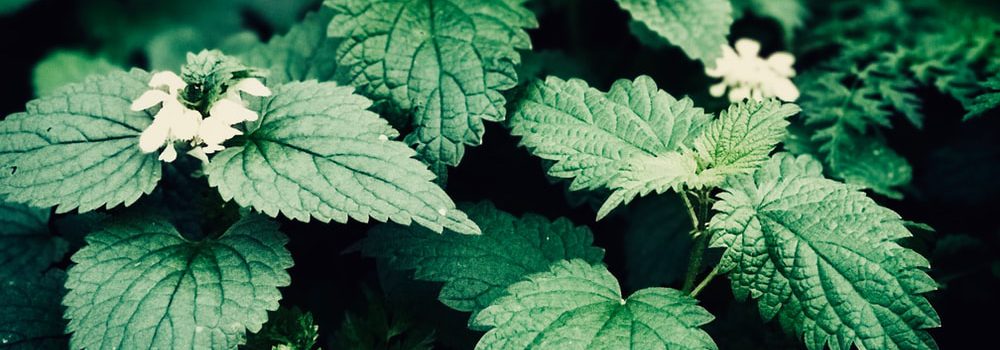
Studies link it to a number of evidence-based benefits, such as :
1. Contains Many Nutrients
Stinging nettle’s leaves and root provide a wide array of nutrients, such as: vitamins A, C and K, as well as several B vitamins, calcium, iron, magnesium, phosphorus, potassium and sodium; linoleic acid, linolenic acid, palmitic acid, stearic acid and oleic acid, all of the essential amino acids; polyphenols such as kaempferol, quercetin, caffeic acid, coumarins and other flavonoids; beta-carotene, lutein, luteoxanthin and other carotenoids.
Many of these nutrients act as antioxidants inside your body.
2. It Reduces Inflammation
Stinging nettle harbors a variety of compounds that may reduce inflammation. In animal and test-tube studies, stinging nettle reduced levels of multiple inflammatory hormones by interfering with their production. In human studies, applying a stinging nettle cream or consuming stinging nettle products appears to relieve inflammatory conditions, such as arthritis.
For instance, in one 27-person study, applying a stinging nettle cream onto arthritis-affected areas significantly reduced pain, compared to a placebo treatment.
In another study, taking a supplement that contained stinging nettle extract significantly reduced arthritis pain. Additionally, participants felt they could reduce their dose of anti-inflammatory pain relievers because of this capsule.
3. It Treats Enlarged Prostate Symptoms
Up to 50% of men aged 51 and older have an enlarged prostate gland. An enlarged prostate is commonly called benign prostatic hyperplasia (BPH). It is often a precursor to prostate cancer.
Scientists aren’t sure what causes BPH, but it can lead to significant discomfort during urination. Interestingly, a few studies suggest that stinging nettle may help treat BPH. Stinging nettle may help slow the growth of the prostate in people with BPH by affecting hormone levels or interacting with cells in the prostate.
Animal research reveals that this powerful plant may prevent the conversion of testosterone into dihydrotestosterone — a more powerful form of testosterone .Stopping this conversion can help reduce prostate size. This effect may be one of the factors that intervene in Stinging Nettle’s capacity to slow down the growth of prostate tumours (as explained below in #13).
Studies in people with BPH demonstrate that stinging nettle extracts help treat short- and long-term urination problems — without side effects. In one study researchers found that stinging nettle was superior than the drug treatment finasteride for benign prostatic hyperplasia (BPH).
In one RCT study from 2013, researchers gave people with BPH either stinging nettle or a placebo for 8 weeks. They found a significant reduction in symptoms for people taking stinging nettles but not those taking the placebo.
Early evidence suggests that taking 360 mg of stinging nettle for 6-24 months improves urinary tract symptoms associated with BPH.
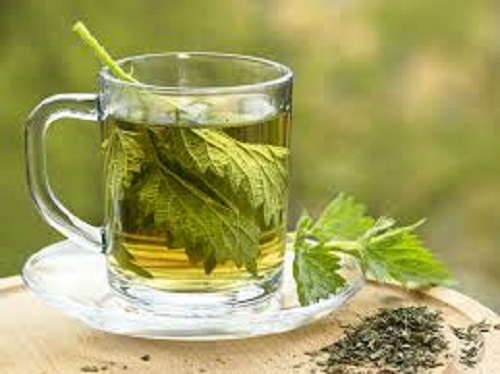
Stinging nettle was traditionally used to treat high blood pressure. Animal and test-tube studies illustrate that it may help lower blood pressure in several ways.
4. It Treats Hay Fever
Hay fever is an allergy that involves inflammation in the lining of your nose. Stinging nettle is viewed as a promising natural treatment for hay fever. Test-tube research shows that stinging nettle extracts can inhibit inflammation that can trigger seasonal allergies. This includes blocking histamine receptors and stopping immune cells from releasing chemicals that trigger allergy symptoms.
5. It Lowers Blood Pressure and reduces the force of heart’s contractions.
High blood pressure is a serious health concern because it puts you at risk of heart disease and strokes, which are among the leading causes of death worldwide. Stinging nettle was traditionally used to treat high blood pressure. Animal and test-tube studies illustrate that it may help lower blood pressure in several ways.
For one, it may stimulate nitric oxide production, which acts as a vasodilator. Vasodilators relax the muscles of your blood vessels, helping them to expand and allow a better blood flow.In addition, stinging nettle has compounds that may act as calcium channel blockers, which relax the heart.In animal studies, stinging nettle has been shown to lower blood pressure levels while raising the heart’s antioxidant defenses
6. It aids Blood Sugar Control and Fights Diabetes
Both human and animal studies link stinging nettle to lower blood sugar levels.In fact, this plant contains compounds that may mimic the effects of insulin .
In An RCT three-month study 46 people with type 2 diabetes taking 500 mg of stinging nettle extract three times daily significantly lowered blood sugar levels compared to a placebo. There is some early evidence to suggest that stinging nettle could also help with the treatment of diabetes. Other studies have had similar results.
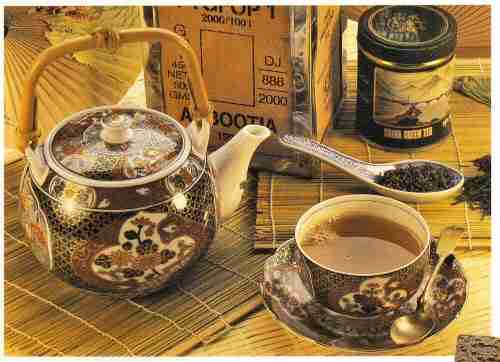
There is ample evidence that taking stinging nettle by mouth or applying it to the skin might reduce pain in people with osteoarthritis.
7. Relieves arthritis and eases gout
One of the most popular uses of stinging nettle is and has been traditionally to treat arthritis symptoms. According to the Arthritis Foundation (USA), stinging nettle reduces inflammation, helps improve circulation, thus reducing pain in various forms of arthritis, including osteoarthritis (OA) gout.
In a randomized controlled trial (RCT) from 2009, researchers gave 81 people with OA either a supplement that contained fish oil, vitamin E, and stinging nettle or a placebo.Over a period of 3 months, people who took the supplement reported fewer symptoms and less frequent use of their anti-inflammatory medications than those in the placebo group.
The results of a 2016 mouse study suggested that a herbal gel containing Urtica dioica had pain-relieving and anti-oedema effects without irritating the skin.
To apply topically to the affected joints an ointment can be prepared with the stinging nettle leaf powder and an emollient natural oil , such as avocado, coconut oil used as a carrier.
There is ample evidence that taking stinging nettle by mouth or applying it to the skin might reduce pain in people with osteoarthritis.
8. Reduces excessive bleeding
Medicines containing stinging nettle extract have been found to reduce excessive bleeding.
9.Liver health
Nettle’s antioxidant properties may protect your liver against damage by toxins, heavy metals and inflammation.
10.Natural diuretic
This plant has been proven to help your body shed excess salt and water, which in turn could lower blood pressure temporarily. It helps therefore with water retention.
11.Wound and burn healing
Applying stinging nettle creams may support wound healing and burns
12.Anemia, Poor circulation, Diarrhoea, Asthma
Preliminary research has been able confirm Stinging Nettle’s help to treat the above conditions, confirming traditional use by various cultures.
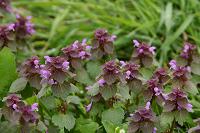
This plant has been proven to help your body shed excess salt and water, which in turn could lower blood pressure temporarily. It helps therefore with water retention.
13. Offers Hope for Cancer
New research found that stinging nettle offers hope in the treatment of cancer. Traditionally used for allergy relief and as a way to boost dietary nutrition, a substance in Stinging Nettle, identified as JPC11 was found to fight cancer in two ways. The researchers found that this substance appears to interfere with cancer cells’ ability to divide rapidly—a process necessary to the survival of cancer in the body.
The researchers at the University of Warwick in the United Kingdom found that this natural substance in stinging nettles targets cancer cells to kill them while leaving healthy tissue alone. JPC11 in stinging nettles seems to have an innate intelligence to differentiate between healthy and cancerous tissue, leaving healthy tissue unharmed. Preliminary research seems to point out to its effectiveness particularly in prostate and ovarian cancer.
Current medical treatments for cancer, such as chemotherapy and radiation, have a lengthy list of serious side-effects, and can even be life-threatening, so any natural advancements on the battle against cancer is welcome. Chemotherapy and radiation destroy cells and they do not differentiate between healthy and cancerous cells.
Some of the side-effects include: hair loss, nausea, vomiting, fatigue, anaemia, low white blood cell count, susceptibility to infections, blood clotting problems, inflammation of the mucous membranes of the digestive tract, loss of appetite, reduced fertility, diarrhoea or constipation, cognitive and memory problems.
Researchers concluded that their findings “offer a new approach to cancer therapy.”
14. It Treats Seasonal Allergies
Stinging nettle is a popular treatment for seasonal allergies. Seasonal allergies occur when a substance such as pollen triggers the body to produce histamine. Histamine is what causes the characteristic symptoms of allergies, such as inflammation, itching, and hives.
According to some research, stinging nettle may disrupt the allergy process by inhibiting the body’s histamine production.

atments for cancer, such as chemotherapy and radiation, have a lengthy list of serious side-effects, and can even be life-threatening, so any natural advancements on the battle against cancer is welcome.
Potential Side Effects, precautions and Warnings:
Consuming dried stinging nettle leaves is generally safe.
There are few, if any, side effects. However, side effects can include: stomach problems, urinary issues sweating, hives or rashes,,diarrhoea, in sensitive patients , usually with various pre-existing conditions. Consult your physician before taking stinging nettle to treat any medical condition , and discontinue it immediately if any of the above symptoms appear.
Pregnant women should avoid consuming stinging nettle because it may trigger uterine contractions, which can raise the risk of a miscarriage. It’s also best to avoid stinging nettle if you are breast-feeding.
Children : There is no official safety information for children. For this reason, giving it to children should be avoided.
Low blood pressure: Stinging nettle leaf powder lowers blood pressure. In theory, stinging nettle might increase the risk of blood pressure dropping too low in people prone to low blood pressure. If you have low blood pressure, discuss stinging nettle with your healthcare provider before starting it.
Kidney problems: Stinging nettle leaf powder increases urine flow. If you have kidney problems, discuss stinging nettle with your healthcare provider before starting it.
Speak to your doctor before consuming stinging nettle if you’re taking one of the following:
- Blood thinners
- Blood pressure medication
- Diuretics (water pills)
- Diabetes medication
- Lithium
Stinging nettle could interact with these medications. For instance, the plant’s diuretic effect may strengthen the impact of diuretics, which can raise your risk of dehydration.
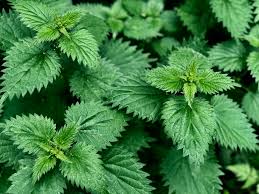

How to Consume It
Stinging nettle leaf powder is incredibly easy to add to your daily routine. You can add them to soups, stews ,rice, sauces , casseroles and any other savoury dishes to enjoy their anti-cancer benefits as well as their many nutrients and anti-inflammatory properties.
The stinging nettle leaf powder can be steeped to make a delicious herbal tea.
The said powder can likewise be added to smoothies and stir-fries.
Currently, there is no recommended dosage for stinging nettle products.
That said, studies suggest that the following doses are most effective for certain conditions:
- Enlarged prostate gland: 3 teaspoonfuls of powder per day
- Allergies: 3 to 6 teaspoonfuls of powder per day.
The method of taking stinging nettle will vary depending on its intended use.For example, the Arthritis Foundation suggest taking up to 1,300 mg of stinging nettle leaf powder a day to relieve arthritis pain.
Because of its anti-inflammatory effects, which have led to its current uses in conditions such as arthritis and allergies, researchers hope that stinging nettle could also have uses in other inflammatory conditions, such as irritable bowel syndrome.
Our Organic Stinging Nettle Leaf Powder is prepared with selected mature leaves from organically-grown plants, dried in the shade under controlled environmental conditions in order to preserve is natural healing properties intact.
It comes in 250 gr., 500 gr. and 1 kg. packet.
For more information, tune to the following YouTube videos:
https://www.youtube.com/watch?v=rXS8szxDQ9Y
https://www.youtube.com/watch?v=MY7ojLlE8lA
https://www.youtube.com/watch?v=yCw1ClPYCzE
https://www.youtube.com/watch?v=ANZ60K3h2ow
https://www.youtube.com/watch?v=zclQ4swsnXU
Disclaimer
This content is strictly the opinion of its author and is meant for informational and educational purposes only. It is not intended to provide medical advice or to take the place of medical advice , diagnosis or treatment from a personal physician.
Readers of this content are advised to consult their doctors or qualified health professionals regarding specific health questions. Neither the author nor publisher of this content takes responsibility for possible health consequences of any person or persons reading or following the information in this educational content.
All readers of this content, especially those taking prescription or over-the-counter medications, should consult their physicians before beginning any nutrition or supplement or lifestyle programme.
